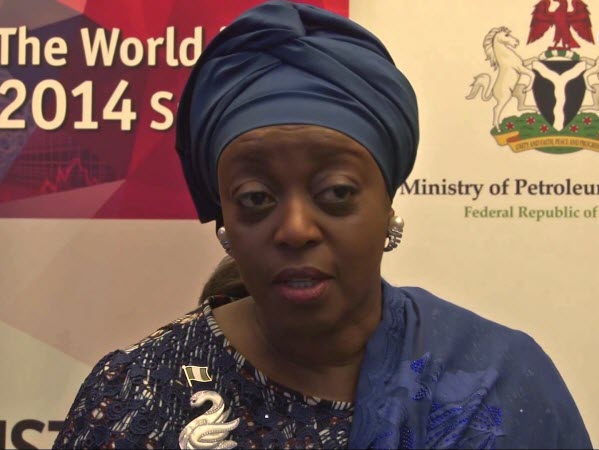There are no products in your shopping cart.
| 0 Items | £0.00 |


LAWMAKERS in Nigeria's House of Representatives are trying to resolve an ongoing dispute between the Economic and Financial Crimes Commission (EFCC) and the Asset Management Corporation of Nigeria (Amcon) involving Diezani Alison-Madueke.
Former petroleum minister Ms Alison-Madueke, has been at the centre of the anti-corruption crusade against ministers from the previous government. Oil minister during the tenure of former president Dr Goodluck Jonathan, Ms Alison-Madueke has been the subject of a series of corruption probes, with the federal high court in Nigeria confiscating some of her assets and handing them over to the government.
Under investigation both in Nigeria and the UK, Ms Alison-Madueke, who was in office between 2011 and 2015, has been accused of participating in largescale corruption, including using her position to allocate lucrative oil wells to close associates worth billions of dollars. Since leaving office, Ms Alison-Madueke has taken refuge in the UK, where she was arrested and granted bail pending the filing of formal charges against her.
Yesterday, the House of Representatives’ Ad Hoc Committee on Assessment and Status of All Recovered Loots Movable and Immovable Assets by Agencies of the Federal Government of Nigeria for Effective Efficient Management and Utilisation was in a dilemma over matter. Amcon is laying claim to some assets recovered from and forfeited by some of Alison-Madueke's allies.
However, the EFCC had approached the committee to prevent Amcon from getting the assets, some of which were said to have been used as collateral to secure loans from various banks. There is now a suspicion that Amcon’s move might be an avenue to retrieve the assets from the custody of the EFCC and the federal government by extension.
One member of the House said: “EFCC is complaining that Amcon is moving to possess some of the assets already seized and forfeited by looters. Amcon is claiming that some of the assets were already in possession of banks before EFCC approached courts to secure permanent forfeiture of the same assets.
“The assets include those retrieved from the so-called Diezani boys such as Aluko and Omokore. Indeed, some of the banks have the original documents to claim the assets but the issue now is how to determine how a financial agreement can supersede a court order on the same assets.”